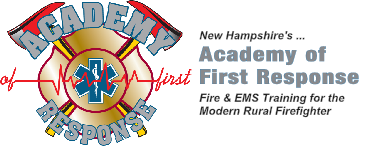EMS Training
The Academy offers a wide variety of EMS topics for training. We run “long” programs like EMT as well as many shorter (two to four hour) modules. We typically come to you at your Fire Department or place of work. We are available during the week, evenings and weekends. We strive to work around your schedule. Below are some of the many EMS programs we offer. If you are looking for something you don’t see, please contact us. We have many talented and well seasoned instructors who will be happy to put together a program tailored to your needs.

Emergency Medical Responder (EMR)
The Department of Transportation sets the minimum hours of training and curriculum for this program. The Academy’s class exceeds these requirements in hours and material covered. The EMR will recognize and treat life threatening emergencies with thorough patient assessment, manage the cardiac arrest with CPR and semi-automatic defibrillation, provide oxygen therapy and other airway management control, control hemorrhage, splint fractures, identify and manage medical emergencies, take vital signs, etc. Upon successful completion of the course, the student will be eligible to take the National Registry written exam. Course includes all books, materials, practical exam and a complimentary stethoscope. Approximately 65 hours.
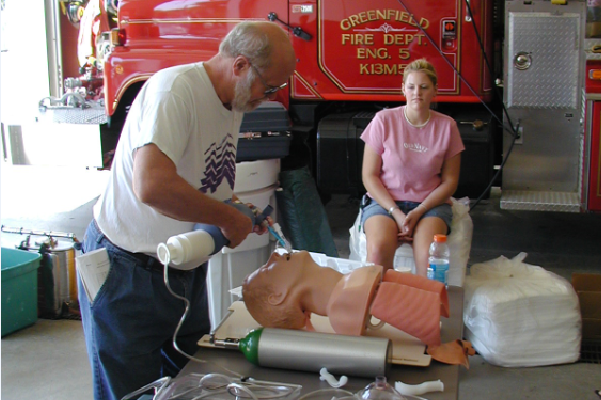
Emergency Medical Technician (EMT)
Meets the Department of Transportation’s requirements for EMT. The EMT will be trained to perform accurate patient assessments, administer emergency care based on those findings, assist patients with medication, manage cardiac arrest including CPR and semi-automatic defibrillation, advanced airway management including oxygen therapy and supraglottic airways, control hemorrhage, splint fractures, take vital signs, treat spinal injuries, lift and move patients safely, etc. Upon successful completion of the course, the student will be eligible to take the National Registry written exam. Course includes all books, materials, practical exam and a complimentary blood pressure cuff and stethoscope. Approximately 180 hours.
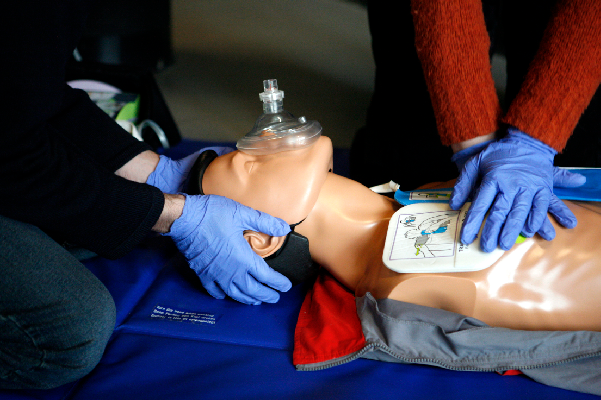
Cardiopulmonary Resuscitation Adult (CPR)
We teach the American Heart Association’s curriculum for CPR. We offer adult only CPR (typically to lay persons) with or without First Aid and we teach Healthcare Provider CPR (adult, child and infant) with or without First Aid. We can accommodate small or large classes at your location.
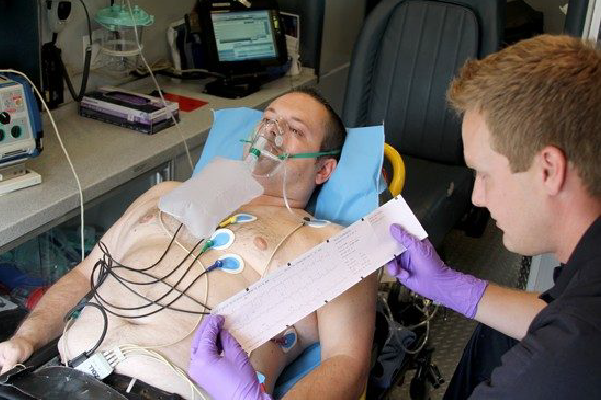
Cardiac Emergencies
We will review common cardiac emergencies including angina, CHF, ACS and AMI. We can cover code management with emphasis on the new AHA standards and even more importantly NH State Protocols particularly focusing on when to start resuscitation and when it’s OK to stop.
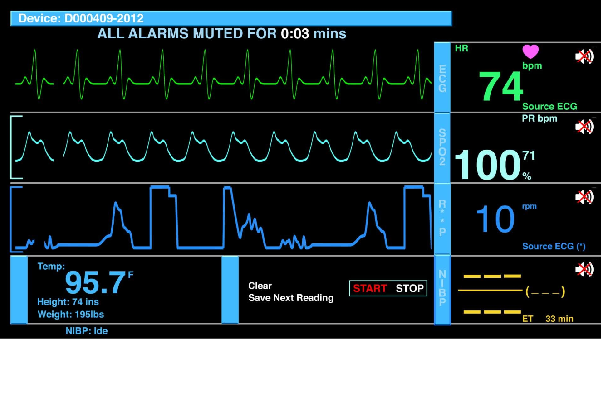
Cardiac, Basic Rhythm Interpretation
This is an introductory program for the new learner (that assumes no prior knowledge) or the provider who needs a solid refresher. We often teach a 2 or 4 hour first time class, but can easily expand it up 12 hours depending on the level of interest. The longer class can be split between a couple weekend days or over several nights.
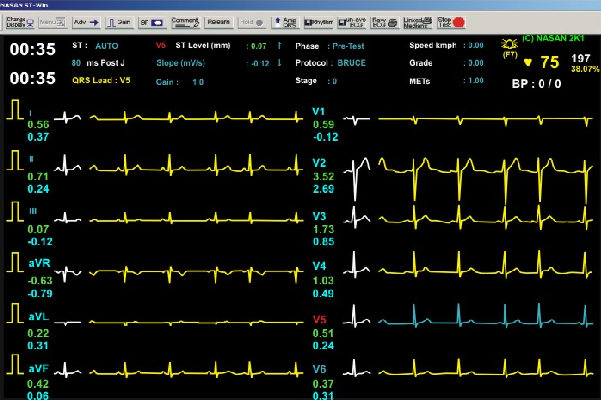
Cardiac, Advanced 12 Lead Rhythm Interpretation
This is an introductory program for the new learner or the provider seeking a refresher. For the new learner we strongly recommend taking the Basic Cardiac Rhythm class first.
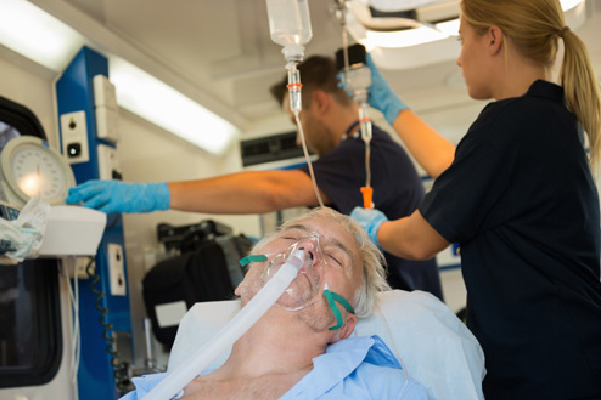
Respiratory Emergencies
Respiratory emergencies are amongst the most common calls we respond to. Driven by general illness, COPD and traumatic compromise these emergencies can be very straight forward or complex. The common denominator is the potential life threatening element. We will discuss assessment and treatment strategies for many of these common emergencies.
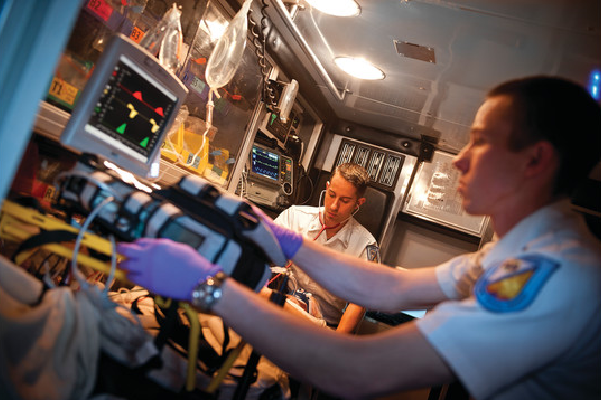
Medical Emergencies
We can do this one two ways. We offer a survey style class that rapidly goes through all the common medical emergencies. Or we can drill down in a single topic like diabetes, poisoning or neurologic disorders. We will provide the class you need.
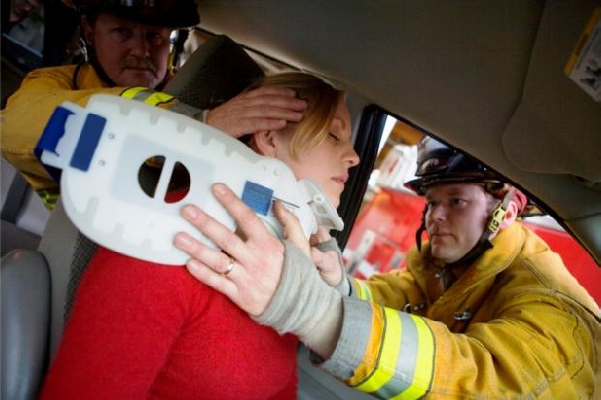
Trauma Emergencies
This can be a broad survey of all common trauma emergencies, or we can offer a more focused class in musculoskeletal or soft tissue injuries. We can also provide a class on bleeding and shock. If needed, we can add in the pathophysiology of shock… an ALS component.

Environmental Emergencies
Hot or cold… localized or body system wide we all deal with environmental emergencies. Less common but always a threat, there are stinging, biting, venomous critters out there… and we need to know how to deal with them. Our program goes through all of these emergencies.
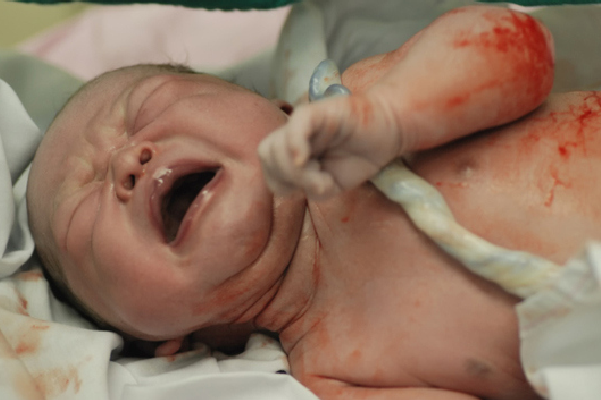
Obstetric Overview
Need to deliver a baby? You will be happy you took this overview or refresher class. Even the most seasoned providers rarely deliver babies. But when the time comes, it’s always a high stress call. We cover routine deliveries as well as the myriad of obstetric complications.
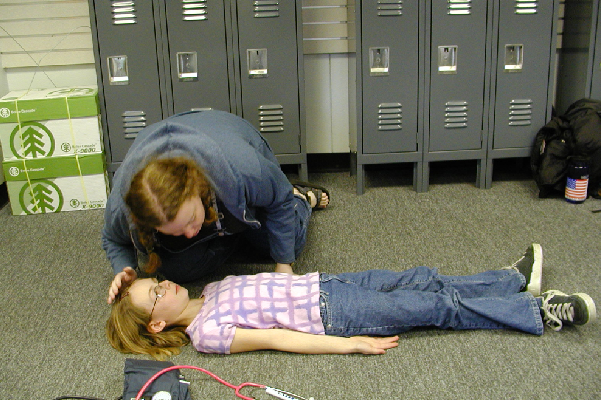
Pediatric Emergencies
Along with childbirth emergencies, pediatric emergencies are amongst the most stressful. Like childbirth, we don’t get do a lot of true pediatric emergencies, so when they happen… the stress level is high. We cover a broad spectrum of issues from medical to trauma in this program.
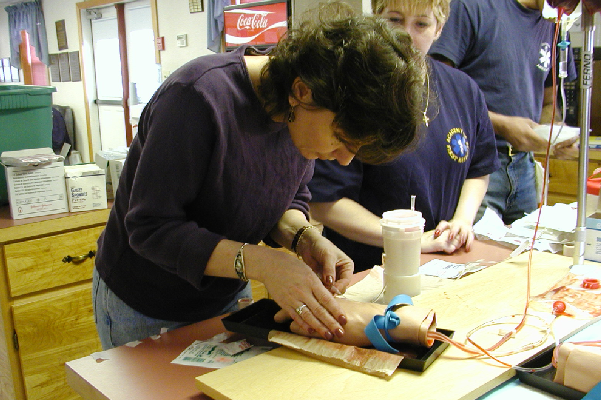
Scenario and Skills Review
In addition to the programs above, we offer a wide variety of EMS trainings that are scenario based or flat out skills review. If your providers are struggling with drug administration, IV starts (ALS only), using the cardiac monitor (including acquiring a 12 lead), splinting or any other EMS skill… we can help. Our instructors can work one on one or small groups to get your people more comfortable with their skills.
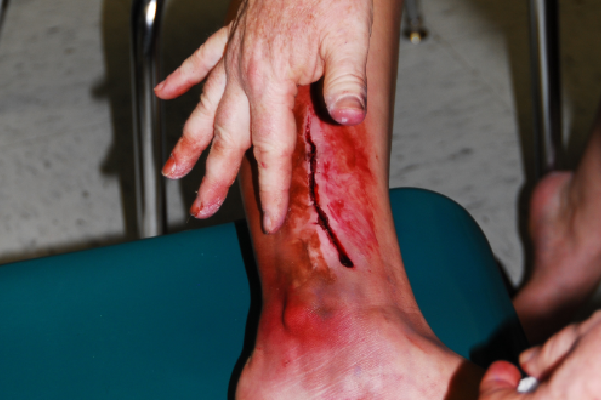
Moulage
The art of applying theatrical makeup to simulate traumatic injuries. Bruce and Linda Dodge are our moulage masters, with years and years of experience. They can come to your drill and makeup your victims or you can learn this skill from them. They offer approximately a four hour class depending on the number of students. We provide the makeup and props… the students get to be each other’s canvas unless you provide us with additional “victims”.
